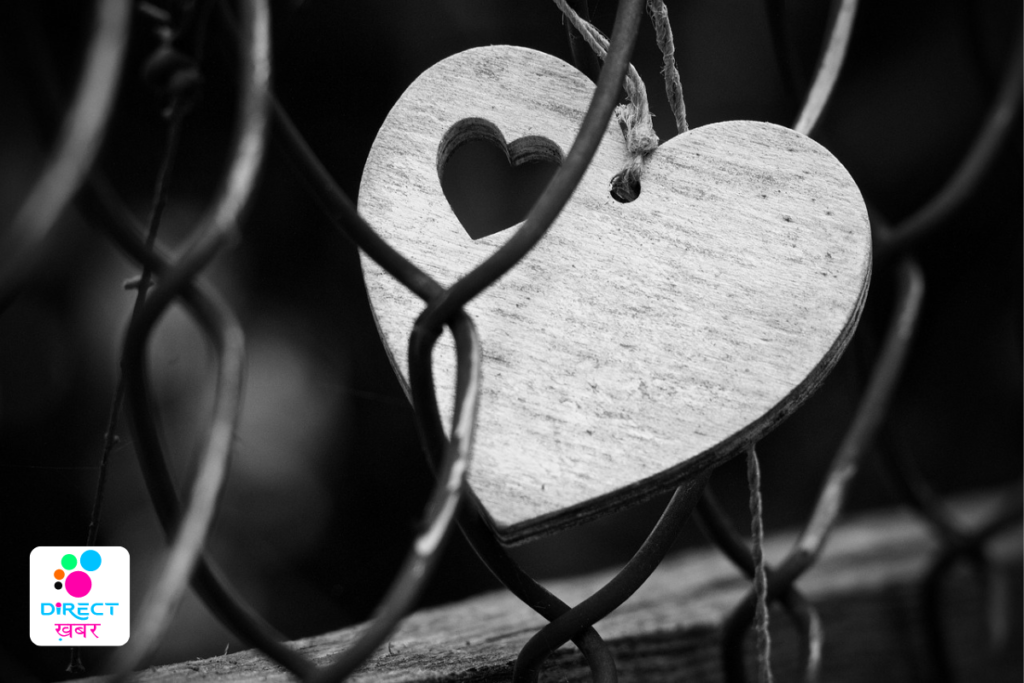Breaking the Cycle: How to Avoid One-Sided Love Traps
One-sided love, with its unbalanced distribution of affection and effort, can indeed be a profoundly challenging experience, leaving one party feeling emotionally depleted and unfulfilled. In this dynamic, one individual pours their heart and soul into the relationship, hoping for reciprocation, only to find themselves met with indifference or inadequacy on the part of the other.
The emotional toll of such a situation cannot be understated. It’s akin to continuously pouring water into a well that never fills, leaving the giver parched and depleted while the recipient remains untouched. This constant state of imbalance can lead to feelings of frustration, sadness, and even resentment towards oneself or the other person involved.

Understanding One-Sided Love:
One-sided love occurs when affection and effort in a relationship are not reciprocated equally by the other party. It can manifest in various forms, such as unrequited romantic feelings, unequal emotional investment, or imbalanced effort in maintaining the relationship. The imbalance often leads to frustration, low self-esteem, and a sense of inadequacy in the person who feels they are giving more.
Identifying One-Sided Relationships:
Recognizing the signs of a one-sided relationship is crucial in avoiding such traps. These signs may include:
1. Disproportionate Effort: One person consistently puts in more effort to maintain the relationship than the other.
2. Lack of Reciprocity: Affection, care, and support are not reciprocated or acknowledged by the other party.
3. Emotional Unavailability: One person seems emotionally distant or unavailable, showing little interest in the other’s feelings or needs.
4. Unbalanced Communication: Communication is primarily one-sided, with one person dominating conversations while the other listens passively.
5. Manipulative Behavior: One person may manipulate the other’s emotions or use guilt to maintain control over the relationship.

Strategies to Avoid One-Sided Love Traps:
1. Set Boundaries: Establish clear boundaries to protect your emotional well-being. Communicate your needs and expectations openly, and be prepared to enforce boundaries if they are not respected.
2. Prioritize Self-Love: Cultivate self-love and self-worth independent of external validation. Focus on activities and relationships that bring you joy and fulfillment, rather than solely seeking validation from others.
3. Practice Self-Awareness: Reflect on your feelings and motivations in relationships. Be honest with yourself about whether you are investing more than you are receiving and be willing to address any patterns of behavior that may contribute to one-sided dynamics.
4. Communicate Effectively: Foster open and honest communication with your partner or potential partner. Express your needs, desires, and concerns openly, and encourage them to do the same. Healthy communication is essential for building mutual understanding and respect.
5. Take Action: If you find yourself in a one-sided relationship, take proactive steps to address the imbalance. This may involve having a candid conversation with your partner about your concerns, seeking support from friends or a therapist, or ultimately deciding to end the relationship if it is consistently detrimental to your well-being.
6. Focus on Mutual Growth: Prioritize relationships where both parties are committed to mutual growth and support. Healthy relationships are built on a foundation of equality, respect, and shared goals.
7. Trust Your Instincts: Pay attention to your instincts and intuition. If something feels off or unhealthy in a relationship, trust yourself enough to acknowledge it and take appropriate action, even if it means walking away.
Breaking free from the cycle of one-sided love requires self-awareness, courage, and a commitment to prioritizing your emotional well-being. By understanding the signs of one-sided relationships and implementing strategies to protect yourself, you can cultivate healthier, more fulfilling connections based on mutual respect and reciprocity. Remember, you deserve love and respect in equal measure, and it’s okay to walk away from relationships that do not serve your highest good.






